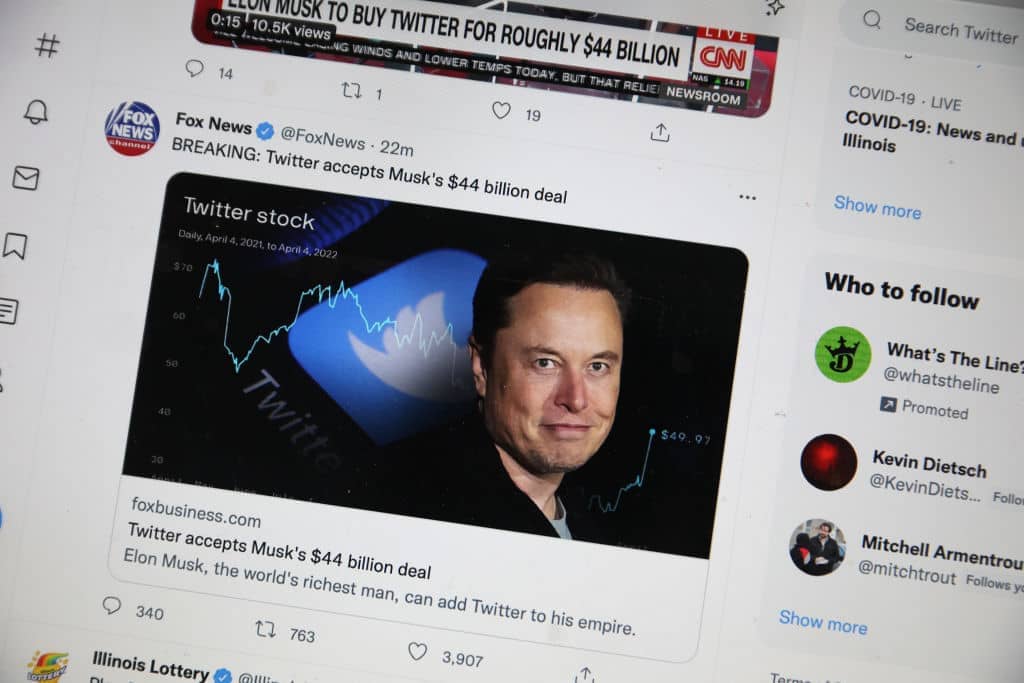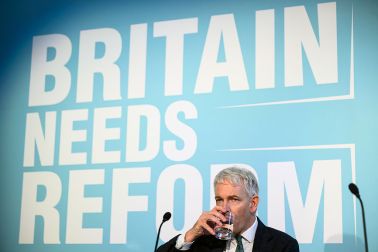Why does Elon Musk really want to buy Twitter? Is it vanity, political activism, or a shrewd financial move? Musk’s reputation lies in building companies from scratch, yet Twitter is a mature business. It is hard to see why that should excite him anything like transforming the car industry or creating a market for space tourism.
Twitter is currently a business without any obvious prospects for substantial growth. The company, which was formed in 2006 and floated in 2013, has never set the world alight like other businesses in the tech sector. Even after Musk’s $44 billion (£34 billion) offer, the share price is only modestly higher than it was at the company’s flotation nearly nine years ago. It closed on its first day of trading at $45 (£35) a share, compared with Musk’s offer of $54.2 (£43) per share.
Unlike Alphabet, Amazon, Apple, and Meta – which have their fingers in many pies – Twitter really is just a social media platform
The number of Twitter users has crept up since its flotation, just about doubling in the past five years, but has not grown explosively for years. This is in direct contrast to the experience of other tech companies, which had the time of their lives during the pandemic. Twitter, instead, swung from a $1.4 billion (£1.1 billion) profit in 2019 to a thumping $1.1 billion (£870 million) loss in 2020.
And unlike Alphabet, Amazon, Apple, and Meta – which have their fingers in many pies – Twitter really is just a social media platform. Its business is acutely vulnerable to changes in fashion. If users start to gravitate to other platforms which offer a format they find more attractive, there will be very little left.
Given Musk’s record you might expect him to be more interested in disrupting the social media industry by launching his own product, rather than buying up an existing business. This poses the question: is he simply fed up with Twitter’s censors, buying the company to spite them, because he can? Is he, in other words, repeating a well-known pattern of wealthy businessmen: buying up newspapers as the cream to put on the top of their empires, without any expectation of profit?
This would appear to be the obvious answer. But with Musk you never really know what he has in mind. I wouldn’t put it past him to have identified some way of turning a plodding business into a vastly more profitable one. We will soon find out.







Comments